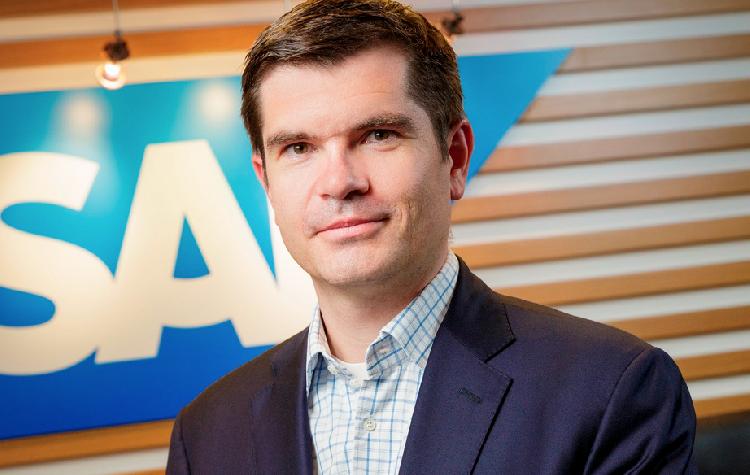
Middle East Digital Economy Expected to Double by 2018
As the region continues to diversify its economy, the Middle East’s business landscape is quickly adopting latest technologies to capture competitive advantages arising from leveraging the Internet of Things, big data & predictive analytics and further leveraging mobile technology in heart of their core businesses.
A SAP and Economist Intelligence Unit (EIU) report indicate that organizations are observing unforeseen benefits to their business performance as a result of increasing the accessibility of information across organizations, whether on prospective clients, existing customers, on internal processes or on internal data of whatever kind.
Demonstrating the demand for solutions in the Digital Economy, according to McKinsey & Company, businesses that embrace digital transformations could see increased revenue as much as 30 percent.
“This will be not just another evolution in technology. It will be a revolution for both: the way business are run, and also how new business models are suddenly possible. As the Middle East continues to be an early adopter of latest innovations, businesses in the region, local businesses will have to define their approach now to stay relevant in this new digital economy.” said Hannes Liebe, COO, SAP MENA.
“Those new technologies such as cloud, Big Data, predictive analytics, and Internet of Things are already reshaping a new reality, and companies will have two choices: either invest or they face the risk of becoming irrelevant”, added Liebe.
This new Digital economy in the Middle East is set to exceed USD30 billion by 2018, following almost 30 per cent growth this year, according a recent report. ([1]) Another report indicates that the digital economy accounts for approximately USD 450bn a year of the global GDP from traffic and trade flows ([2]).
Adding to the digital economy’s growth is the rise of the Internet of Things, which will see connected devices grow from 9 billion now to at least 50 billion in 2020, and create USD 14.4 trillion in total value at stake, according to a recent report by SAP and Stephenson Strategies.
“With the emergence of the digital economy backed by initiatives such as ‘smart cities’, organizations aredemanding a holistic ICT approach to be able to digitize business processes across platforms, cloud-based services, analytics and citizen-centric applications,” said Liebe. “We also anticipate an increasing need of ICT skills in those new technologies. To meet these market demands, decision makers from the public and private sectors must be prepared to invest in better integrating of ICT learning, and training workers with ICT and e-business skills.”
The recently-released SAP Business Suite on SAP HANA (SAP S/4 HANA) regarded one of the most innovative platforms available at present, connects holistically people, devices, and business networks in real time. Thus SAP S/4 HANA has been recognized across the Middle East as a leading platform for innovation. Hundreds of customers worldwide, across a wide range of industries, are using this 4th generation platform already and benefit from its built-in in-memory and real-time capabilities for their digital transformation strategy.
SAP has facilitated such digital economy implementations with technological developments, including connecting businesses seamlessly across company boundaries with services such as Ariba, a cloud-based procurement solution, Concur, a leading cloud-based travel and expense management service, and Fieldglass, a cloud-based Vendor Management System to manage contingent workforce and service procurement programs.
“Business Network Platforms that connect companies digitally and run processes on those platforms will become the gold standard of doing business in many areas. Today we see this is already the case for procurement processes, acquiring and evaluating contingent workforce and travel management”, concluded Liebe

























